Why I became a Professional Scrum Master
I have been developing since 10 years. And soon my Bachelor, I was looking for a certification. You know something that might help me get a better job position.
In 2011, since I was principally coding in java, I started some researches in Java certification. And there was a lot. Enough to feel lost in all of them. I wanted to become certified, but there were too segmented in a way you feel you’ll never reach the end. And I had that discussion with Yakam Olivier. That big brother, a really open guy with a lot of knowledge. A real software engineer. One of a kind that can embraces your difficulties and don’t give up unless you both get and acceptable solution. So he told to me how he had seen certification in the companies he pass through and we agreed that if certs are a way to validated or get your knowledge recognized internationally and get paid more; in most cases, certs are labels that companies use to get markets and get paid by vendors in return. Also that it is sometimes also just a way for vendor to get money.
Since that time I rationalized my envy about certifications. Also, I really had an interest in certifications that won’t keep me disconnected from other IT stuff. For example, I was afraid to get a PostgreSQL certification (while I work a lot with PostgreSQL, thanks to my professor Mr Yombi) or a database certification to say globally. I think becoming a certified person will create a barrier between my cert field of knowledge and others IT fields. Like if you are an Oracle DB certified person it will become difficult to continue to code because if you want to maintain your certification or even progress you might need to be totally focus on your certification field of knowledge. Another big deal with many certifications: there are limited in time (2 years in general).
Later, I found that article on developpez.com about developers. The article was saying in few words that developers are at the top of the chain of IT people because developers have to and know about a lot of things: IT architecture, DB, design, UI, test, management, etc and etc. In other to deliver great software quality that can be integrated in a company architecture (Software, Networks, Infrastructure and functional processes).
And then I found that other article on the fan boy of Microsoft. It was getting that story of a young developer I guess in France. Since school he was looking on certification from MS. So he was a preacher for MS, talking to his classmates about all the advantages of MS technologies and he took certs from MS. His story really became interesting when he left to the Silicon Valley for a journey and found that, there, IT coder jobs offers were looking about developer and not specifically technologies developer. In fact his observation was that, in that place, the land of tech and developers, people did not really care about if you were a C# developer or a Java developer or a PERL developer. People where assuming a software engineer, namely a developer, when talented, could be able to learn everything and quickly with enough of experience. I’m not telling it is bad to be a specialist but what I’m telling is that you are not mandatory to do so as others are doing so where you thing they don’t.
Those articles gave me a lot of confidence and reinforce the idea that I shouldn’t leave my title of developer. It was like that dean of that Industrial Engineering School who, while being a researcher and Ph.D., was still signing important papers with his stamp of Engineer.
“So I wanted to become more, but without sacrificing my role of developer.”
I then was introduce by Trésor Djatang with the Project Management Institute PMP certification process. I was enroll in the PMI Cameroon Chapter in Douala as a volunteer to get more familiar. I was really seduce by the idea of becoming a recognized Project Manager practicing PMI guides and practices also sharing their principles and code of etchics. What really seduced me was the possibility to get an internationally recognized certification which will give me the ability to look for a great role/job (project manager) so that if I found a job in IT or software development, I may keep near on code with a greater position. The second benefit and not a least was that PMP is not limited only to IT projects. This means you are able to work on a lot of projects from many fields. Sure, you’ll have to learn the domain but that isn’t what is so amazing and exciting in working? Keep learning jobs of others and help them better achieve their results. That’s why companies are mainly delivering “services”. So I paid my membership and now I’m a PMI member and a PMI Cameroon Chapter member and volunteer acting as Community Manager.
But where did it come to Scrum Master and Agile?

Naturally I’m a peaceful man, looking for compromising and everyone opinion. I am always looking for ways and ways to improve personally and processes: delivering services (whatever the scale) again. Since my bachelor where I implemented the 2TUP (2 Track Unify Process) from “UML 2 en action 4eme edition” and reading a part of a book on Rational Unify Process I still fascinated by the Agile Approach. The principles was so logic, so natural, they were recalling the main goal, you know, putting the #1 objective at the first place: focus on users, interactions over tools and so on. That was all of me: not just do as others, do what has to be done.
So I just decided to know a lot about Agile methodologies and that thing that was calling Scrum: a word from rugby. What was really a Sprint? I wanted to know and then I wanted to master and finally I wanted to spread. That’s why I want to teach it and coach. So I did take those courses on
- Agile principles and mindset
- Software processes and Agile processes
- Agile Planning
- Metrics in software
- How to conduct Retrospectives
- Scrum, Kanban, Lean and Xtreme Programming
What I found:
That Agile methodologies are such evident and useful practices that they cannot be only reserved to software engineering. For many years, software engineering was importing from others fields like civil engineering. For example: patterns concepts, architectures, layers and so on. Even the process. Now that it is the IT revolution may be is our time to share with other what our rapid evolution has led us to learn.
I think agile practices are needed just everywhere because, almost nothing is fixed and not going to change. I also wanted to write an article on how African government could be helped by Scrum and Agile practices. So we need more Scrum Masters but I prefer to say more Scrum FacilitatorsJ.
One think that also surprises me in the beginning but no more now because I realize we are living in an integrated world (Yes Ken Schwaber and Jeff Sutherland were empirical visionaries of our era) is that Agile methodologies also go with Entrepreneurship or Social entrepreneurship mindset. Concepts like O in motion or effectuation.
Why I think you must become an Agile Practitioner
- #1 The knowledge and all what in can bring to you personally or professionally whatever your profession is. If you take time to understand agile methodologies, they will radically change (improving) your mindset and your interactions in such a way you will get more things accomplished and you’ll be able to increase the team moral and clients/users satisfactions.
- #2 The ability to add a skill to your set of skills without losing anything or become oblige to forget others skills to maintain your new certification or skill (you can become a Scrum facilitator (master), a Scrum Developer or a certify product owner). That doesn’t affect your previous skills. Let us say it will add incrementally one value to “the you product” of that iteration of your learning curveJ.
- #3 The well being let us say “Hakuna matata”. Those words from Swahilie which means “there is no problem”. That is it. Agile methologies assume nothing is bad, we know there is always problem and everything is uncertain that’s why we are mainly empirical. Also the value of Scrum will help you integrate it and face problem. The man no run value, thanks to the Cameroonian group les têtes brûlées. For example look at the Scrum values: Courage, Focus, Commitment, Respect and Openness.
- #4 Percentage of successfully delivered projects/products with great quality. For some of us it could be difficult to understand why? It is not just about having good time at work. Agile Practices really provides practices to improve your job, no, the job of the team to achieve the goal. Also think about the importance of the emotional quotient over the intelligence quotient.
- #5 Job opportunities as the profession of software development and the sector of managers and looking for Agile skills. Even the PMI has now the PMI-ACP certification for PMI Agile Certify Practitioner.
- #6 Better salary expectation: just google it and see by yourself how Agile or Srcum certifications can increase your salary. Also some reports tell that it is the 6th certification with a big salary.
Please feel free to take one of our course to achieve your certification. You can contact us for any preoccupation. If you are a member of the ScrummasterCameroon on facebook or of the Scrum Master Cameroon linkedin group you can get a reduction. It is also possible for students. We propose these courses :
So, which certifications are you going to do? Please feel free to share your answers, comments or questions with us. We are able to offer you support in your journey.
Check and grow your career or business with our recent articles or contact us
KENMEUGNE Romuald - Coach Agile et Formateur Officiellement Accrédité
Derniers articles parKENMEUGNE Romuald - Coach Agile et Formateur Officiellement Accrédité (voir tous)
- Méthode Agile et Management par l’Evidence - 5 juillet 2024
- Implémenter UX et Scrum ensemble et passer sa certification PSU - 26 juillet 2023
- Relation entre Définition of Done et nombre de Product backlog Items à prendre pour le sprint - 20 juillet 2023
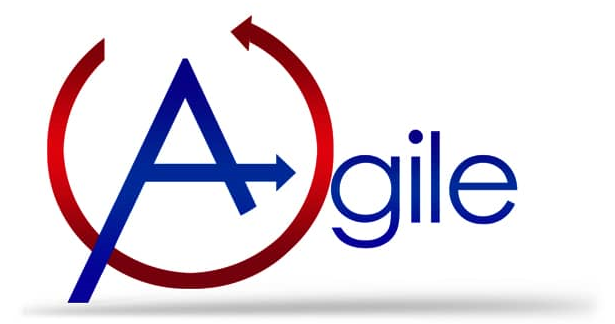







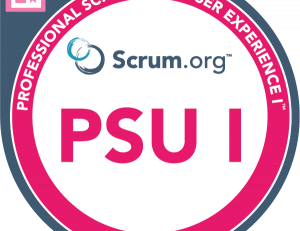
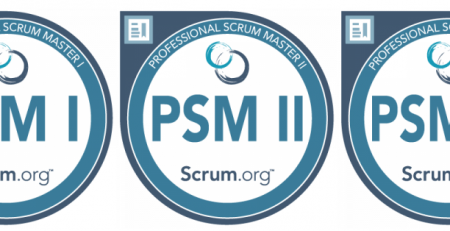
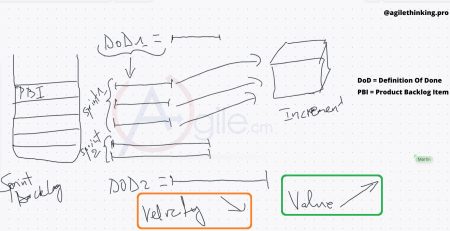
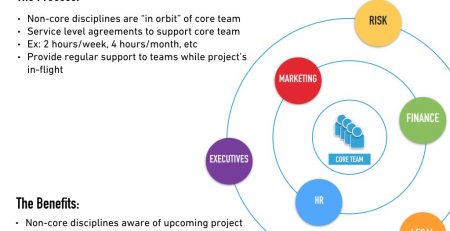



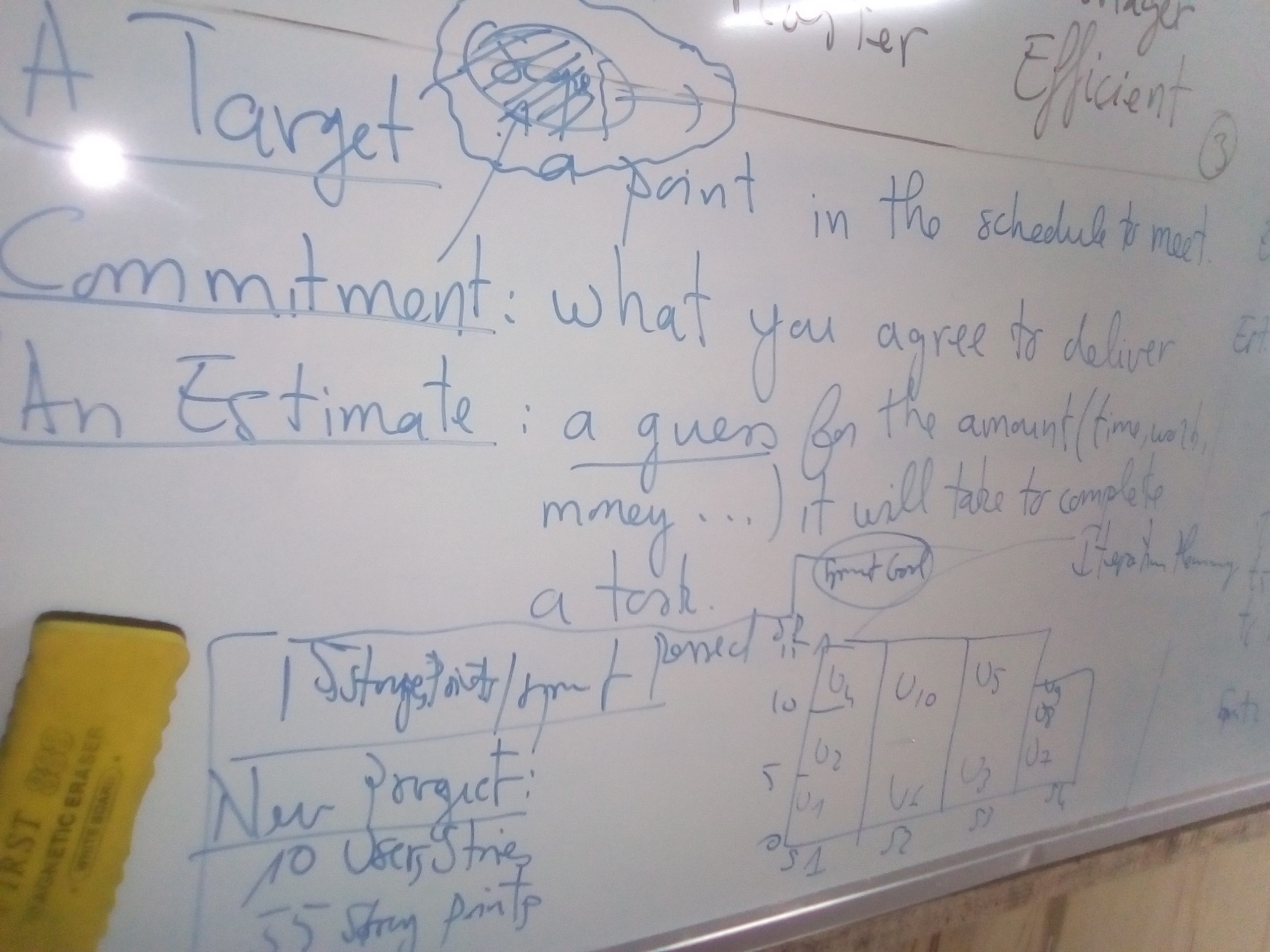

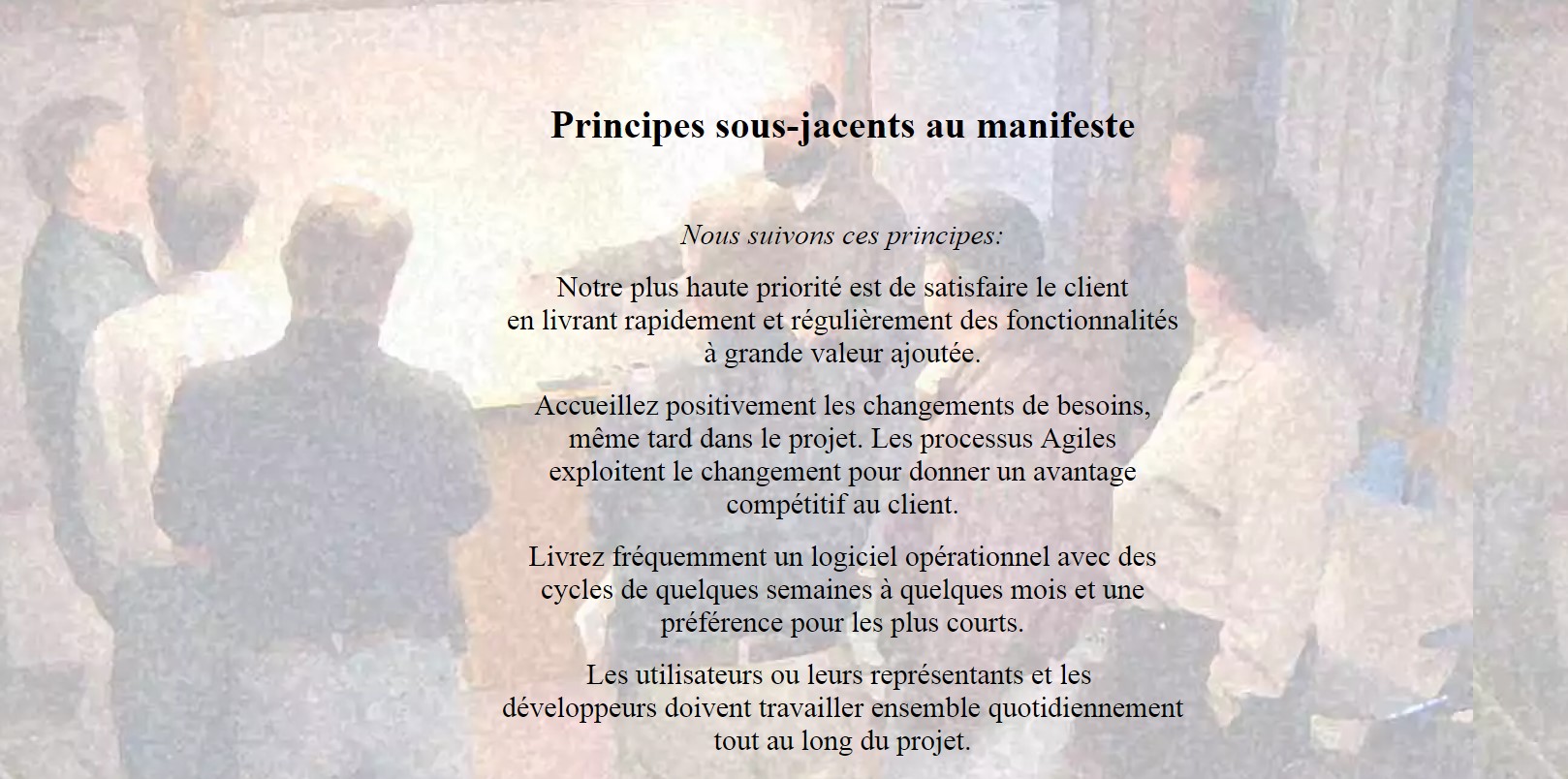


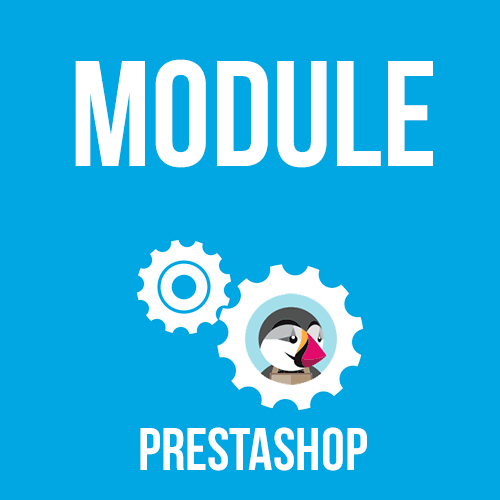
Comments (1)
What does a Scrum Master do? The Scrum Master removes any impediments that obstruct a team’s pursuit of its sprint goals. If developers don’t have a good sense of what each other are doing, the Scrum Master helps them set up a physical task-board and shows the team how to use it. If developers aren’t colocated, the Scrum Master ensures that they have team room. If outsiders interrupt the team, the Scrum Master redirects them to the Product Owner. If the team has not learned how to develop a